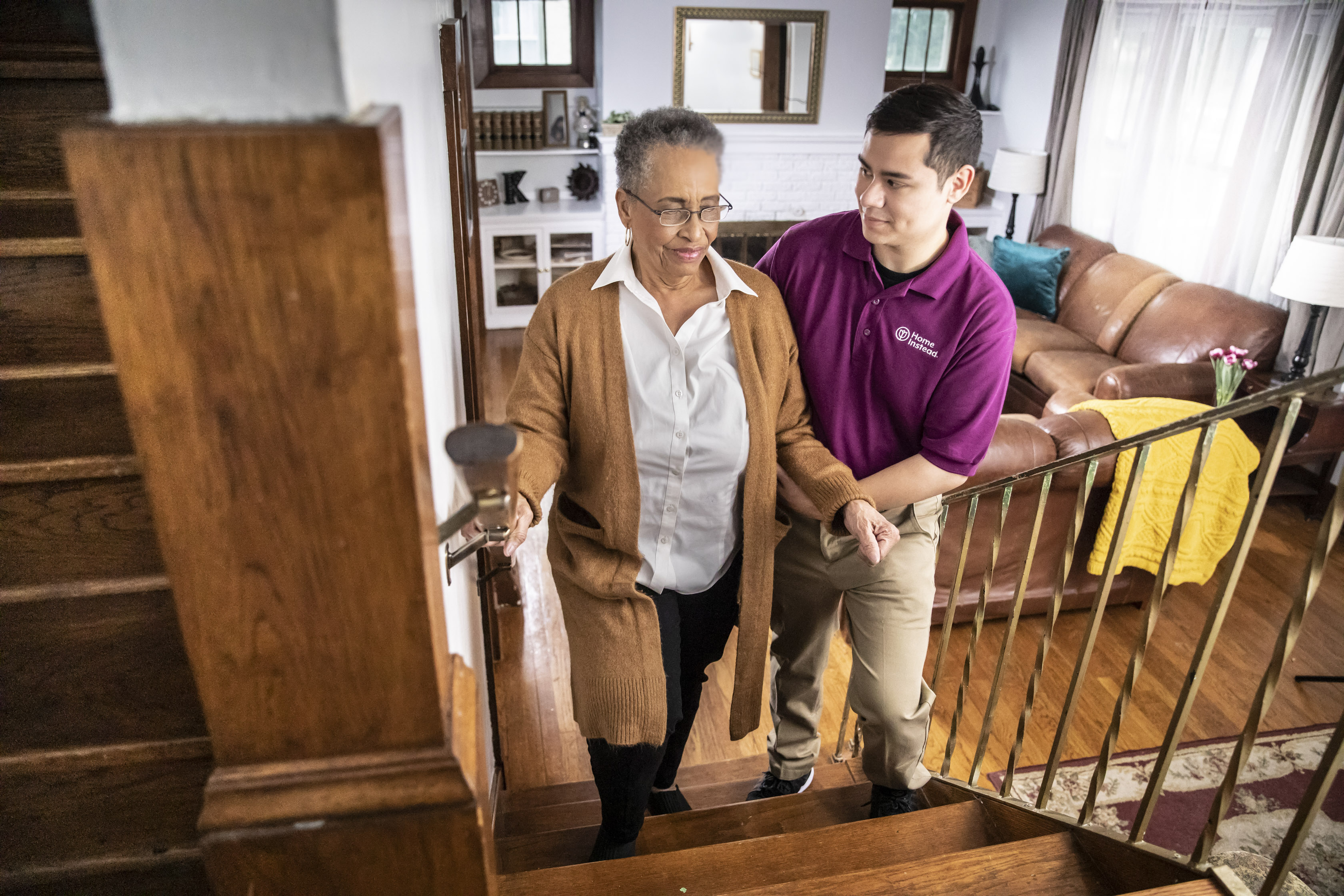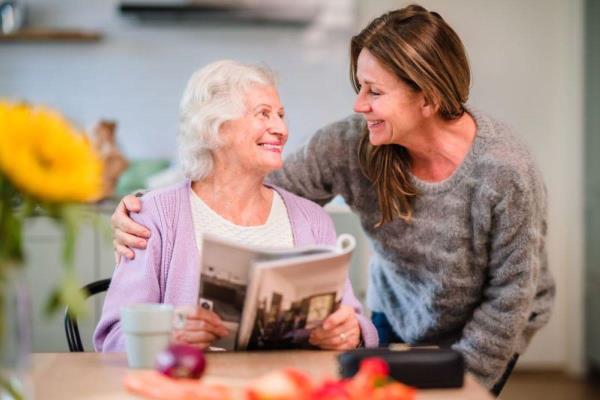"By encouraging regular exercise, conducting home safety assessments, managing medications, and staying socially engaged, we can create a safer living environment for our seniors."
As we age, the risk of falling becomes a significant concern, especially for older adults living independently at home. Falls can lead to serious injuries and even a loss of independence. However, with the right strategies and modifications, we can create a safe and secure environment for seniors to thrive. In this blog, we will discuss actionable tips and suggestions to keep older adults from falling at home, promoting their well-being, and enhancing their quality of life.
1. Regular Exercise & Physical Activity
Encouraging older adults to engage in regular exercise and physical activity is essential in maintaining their strength, balance, and flexibility. Low-impact exercises like walking, tai chi, and yoga can improve muscle tone and reduce the risk of falls. A structured exercise program should be tailored to individual abilities and preferences. It's also a great opportunity to engage with friends and create a social support network.
2. Home Safety Assessment
Conducting a home safety assessment is crucial to identify potential hazards. This assessment involves inspecting the living space for obstacles such as loose rugs, cluttered pathways, and uneven surfaces. Addressing these hazards and making necessary modifications will significantly reduce the risk of falls. Installing handrails, grab bars, and adequate lighting in hallways and staircases can enhance stability and confidence for seniors.
3. Medication Management
Older adults often take multiple medications, and some may have side effects like dizziness or drowsiness, increasing the risk of falling. Regularly reviewing medications with a healthcare professional can help minimize these risks. A medication schedule and pill organizer can also be useful tools to prevent dosage errors and ensure adherence to prescribed regimens.
4. Vision & Hearing Checkups
Visual and auditory impairments can contribute to falls. Regular eye exams and hearing checkups are essential for maintaining proper sensory function. Corrective lenses or hearing aids, if necessary, should be worn consistently to improve spatial awareness and reduce the chances of accidents.
5. Footwear & Clothing
Proper footwear is vital for stability. Encourage older adults to wear well-fitting shoes with non-slip soles. High heels and flip-flops should be avoided as they can be unstable. Additionally, loose clothing can also pose a tripping hazard, so seniors should wear clothes that are neither too baggy nor too tight.
6. Assistive Devices
For older adults with mobility issues, assistive devices can be incredibly beneficial. Canes, walkers, or mobility scooters provide additional support and balance during daily activities. These devices should be properly adjusted and regularly checked for wear and tear.
7. Fall Detection & Alert Systems
Investing in fall detection and alert systems can provide peace of mind for both seniors and their caregivers. These devices are designed to automatically detect falls and alert emergency services or family members if necessary.
8. Nutrition & Hydration
A balanced diet and proper hydration are essential for overall health and well-being. Adequate nutrition can help maintain bone strength and muscle mass, reducing the risk of falls. Encourage older adults to eat a variety of nutrient-rich foods and stay hydrated throughout the day.
9. Regular Health Checkups
Regular checkups with healthcare professionals allow for the early detection and management of health conditions that may contribute to falls. Conditions like osteoporosis, arthritis, and diabetes can affect mobility and stability. Timely intervention can significantly reduce fall risks.
10. Stay Socially Engaged
Social isolation can lead to a decline in physical and mental health, increasing the likelihood of falls. Encourage older adults to stay socially engaged with friends, family, and community groups. Engaging in social activities can promote mental well-being and provide a support system that encourages healthy habits.
Preventing falls among older adults at home requires a multifaceted approach that addresses physical, environmental, and lifestyle factors. By encouraging regular exercise, conducting home safety assessments, managing medications, and staying socially engaged, we can create a safer living environment for our seniors. Combining these efforts with proper nutrition, regular health checkups, and the use of assistive devices can significantly reduce the risk of falls and promote healthy aging, allowing older adults to maintain their independence and quality of life for years to come.
For more information about how Home Instead services can help call
740-363-5720 today!



